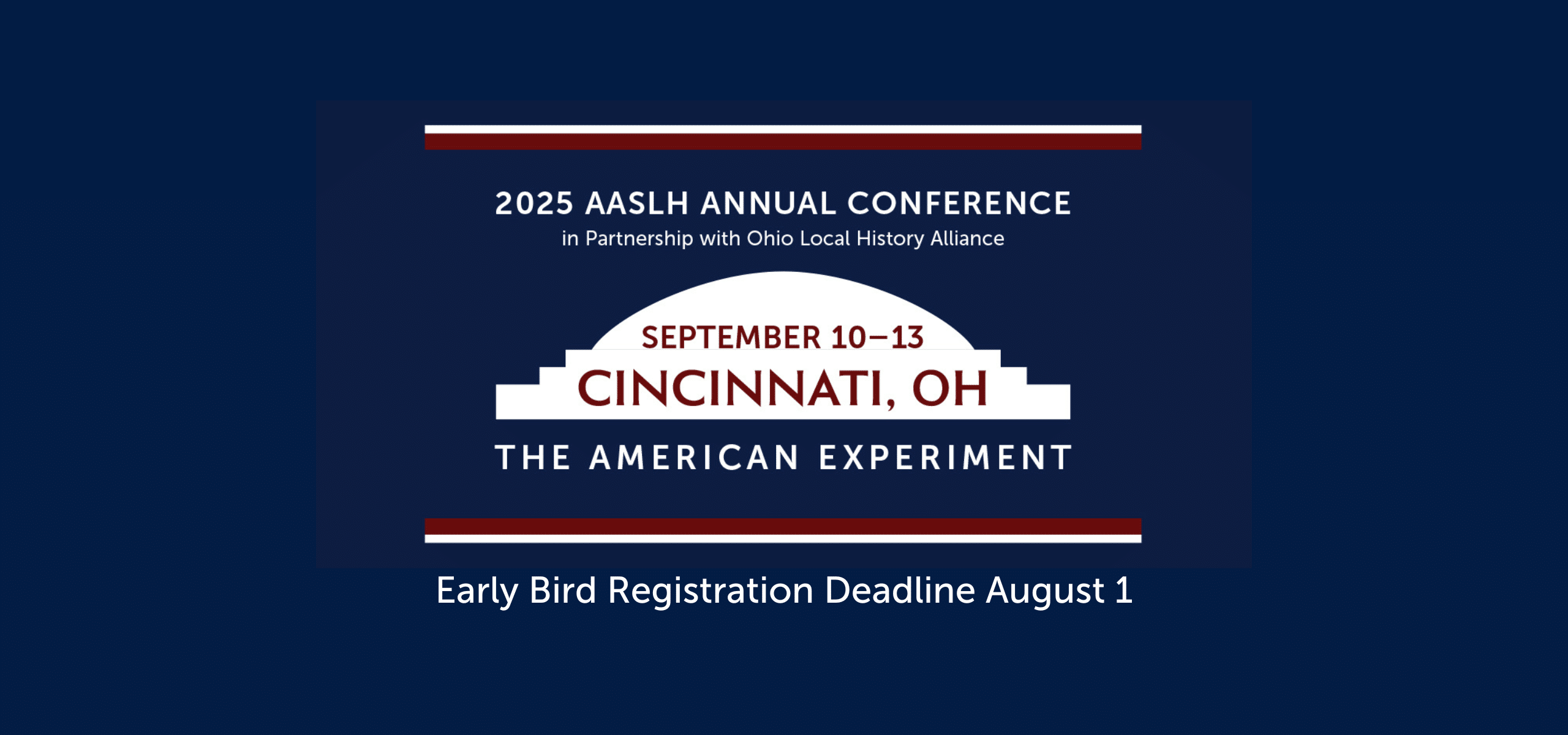
Members of the Madison Theater rehearse for the one-act play, “Over the Teacups.” 1950. WHS Collection.
We’re standing in a circle. I make eye contact with someone I’ve never meet before and I “Caw!” like a peacock. They look back and repeat the sound to me. Then, they pivot in the circle and lock eyes with another person, growling like a bear. The person growls back and the game continues…
Welcome to Old World Wisconsin’s group interview for seasonal Costumed Interpreters.
This year we’re shaking things up a bit in an effort to push our work forward. We’re not changing our core work – but we are looking at quality and consistency, and know these need our attention. We’re moving from a team of folks who love their jobs, to a team of folks who see their work as a craft and not only love it, but are masters of it. To do this, we’re changing the way we approach our work, starting with how we hire.
Every seasonal interpreter was asked to reapply for their position. All applicants, new and returning, were asked to share their thoughts on a few core questions related to our vision and values. We didn’t ask you if you could spin or sew, or knew a Dutch oven from a garden hoe. We were looking for people who were curious storytellers, motivated by a desire to share history and connect to our guests. We’re hiring for “soft” skills, not hard. We’re hiring for style and gumption, and will fill in the nuts and bolts on the ground.

A recent interview, where the applicants work with each other to create a story as part of the game “Matchmaker, Matchmaker.”
We’re being methodical, even though a group of people squawking and hooting at each other it may seem like it’s all a bit fast and loose. In short, we’re using the tenets improvisational theater to ensure that we are doing our best possible work as interpreters, stewards, and colleagues. Admittedly, improv games and historical interpretation may not seem like natural bedfellows. We use 3rd person interpretation, not 1st, so why “act”? And we never want to “just make things up,” so why improv? In short – we’re taking the core ideas of improv (make your partner look good, make your partner feel safe, and build on each other’s ideas) and created alignments with the vision of what successful interpretation looks like at Old World Wisconsin.
We also know that to create lasting change this cannot be a one-and-done experience. We will need training, coaching, and resources that mirror the vision, values, and experience of our work – all of these elements aligning with our Guest Experience as True North on our compass rose. These are works in progress and will, hopefully, continue to be organic documents that change as we change.

Shirley Roll, Jane Spencer and Patricia Runstrom, rehearsing the roles of three old maids in East High School’s spring play, “Tish”. 1949. WHS Collection.
It’s a big change, and it’s hard. People may chose not to join us, and will have to say no to people who have a long a history with us. We may hire people who end up not being the best fit, and we may struggle to find enough people who fit this new approach. As someone told me recently “when you start to unravel a sweater, you’re going to end up naked for a little while. And you need to be OK with that.”
We will also welcome new people, bright with excitement, and will see our returning staff grow and come into their own. We know that in crafting an experience that is one of curiosity, guided inquiry, connecting, sharing, and having fun, we are not only working at our best, but changing the world for the better through our interpretation of the past.
Want to write for AASLH? Learn more and submit an article here.



